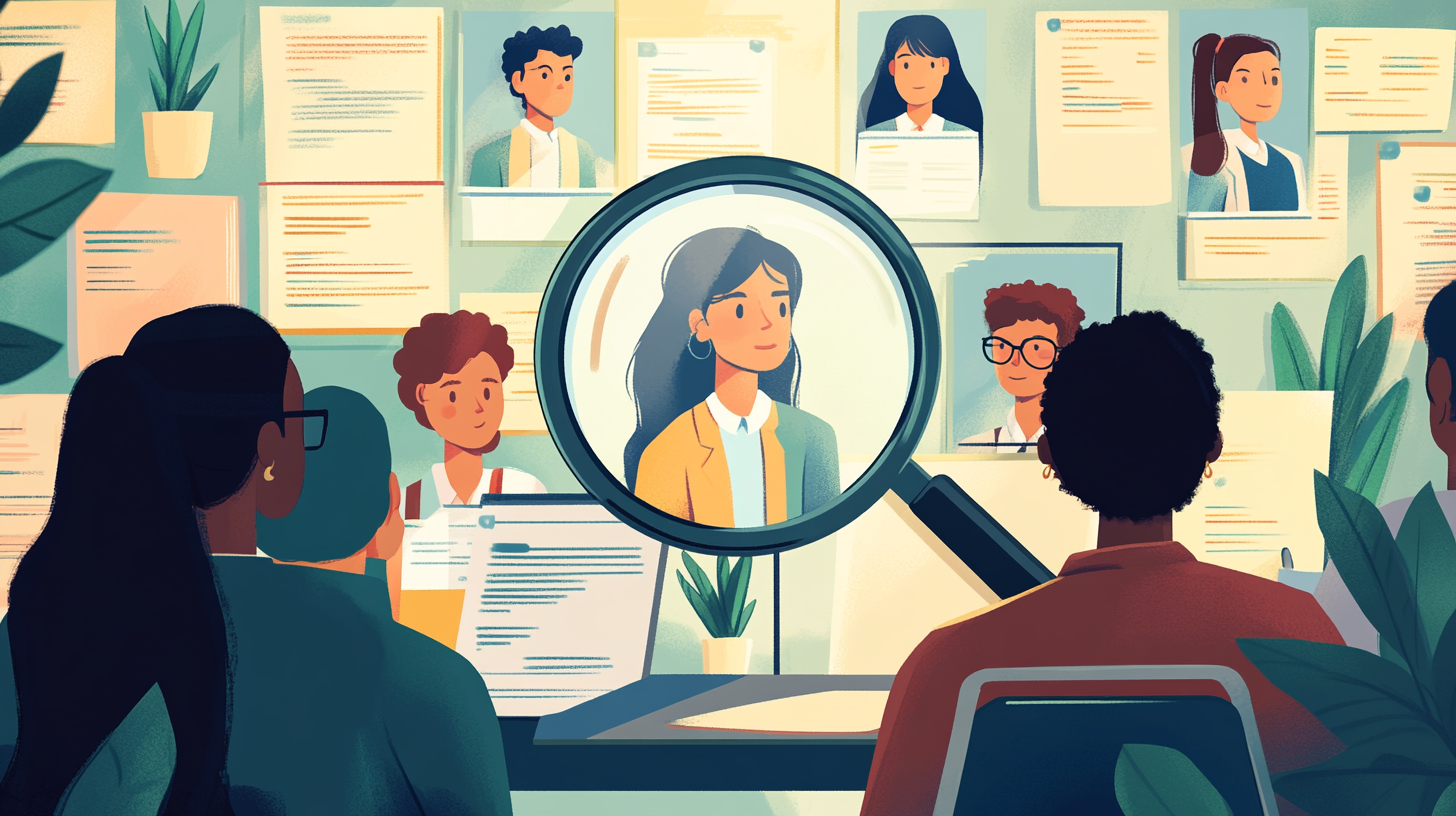Effective Strategies for Talent Acquisition and Retention

Recruitment isn’t just about filling a vacancy, it’s about finding candidates whose skills, experience, and values align with the organization’s needs. Getting it right from the beginning is essential for building a strong team.
This blog will explore proven talent acquisition strategies and key approaches to hiring and retaining the right candidate.
How Right Talent Recruitment Drives Organizational Success?
When you hire the right candidate, you bring on individuals whose skills, experience, and values align with your company’s goals and culture. They quickly adapt to changes, embrace challenges, and proactively solve problems.
Research underscores that the right candidate can significantly boost organizational productivity. For instance, studies examining over 600,000 individuals across diverse fields—such as research, entertainment, politics, and sports—reveal that high achievers outperform average performers by a staggering 400%. The gap is even more pronounced in complex roles like management, software development, and other expertise-intensive positions.
On the flip side, hiring the wrong candidate can have costly consequences. Employees who lack the necessary skills or cultural fit can create friction within teams, disrupt workflows, and lower morale. They may struggle to keep up with the demands of the role, leading to missed deadlines, poor-quality work, and diminished overall performance. Worse still, the time and energy spent managing underperforming employees can drain the team’s focus, slowing down the organization’s momentum.
Crucial Candidate Qualities for Organizational Success
Adaptability
Look for candidates who demonstrate the ability to thrive in dynamic environments. Adaptable employees maintain productivity amid change, helping your organization stay resilient and competitive.
Empathy
Seek out individuals who exhibit strong empathetic qualities. Empathetic candidates are skilled in active listening, offering assistance, and resolving conflicts amicably, enhancing team communication and relationships.
Self-Awareness
Identify candidates with high self-awareness. Such individuals recognize their strengths and weaknesses and manage their emotions effectively. For instance, a candidate who recognizes that tight deadlines can be stressful can develop effective strategies to manage their workload and stay productive.
Competence/Holistic Fit
Evaluate technical skills and cultural fit when assessing candidates. While technical expertise is crucial, ensuring that a candidate’s values and work style align with your organization’s culture is equally important. They are more likely to thrive and contribute positively to your organization.
Strategies for Attracting and Retaining the Right Candidate
Streamline the Screening Process
With clear job descriptions and AI-driven automation, you can attract and identify candidates whose skills and experience match the role. AI-powered interview tools and live assessments ensure candidates are the right fit by analyzing various factors beyond traditional methods. These tools can evaluate a candidate’s technical skills, cognitive abilities, and behavioral traits through data-driven insights. Focusing on candidates’ skills and competencies rather than traditional qualifications like degrees or years of experience leads to more effective recruitment. Additionally, employee referrals tend to result in better hires because the referring employees often know that the candidate’s skills and experience align with the role, and the company’s values and expectations.
Create a Positive Onboarding Experience
A well-structured onboarding process can significantly reduce employee turnover by making new hires feel supported and valued, encouraging long-term commitment. Essential training, resources, and information help them transition smoothly into their roles. Clear communication of expectations, roles, and responsibilities ensures that new hires understand their place in the company and feel connected to the team. Regularly evaluating and updating the onboarding process keeps it relevant and responsive to employee needs, leading to increased satisfaction and higher retention rates over time.
Incorporate Regular Feedback
Integrating regular feedback into employee interactions is crucial for fostering growth and development. Constructive feedback provides employees with valuable insights into their performance, helping them understand their strengths and areas for improvement. This ongoing dialogue encourages continuous skill enhancement and aligns employees’ efforts with the organization’s goals.
Prioritize Learning and Development
Continuous learning opportunities, mentorship, and incentivized training help employees stay motivated and ready to tackle evolving challenges. By prioritizing learning and development, organizations build a more capable and agile workforce that attracts top talent and drives innovation. Moreover, a strong learning culture mitigates skill gaps that may arise as industries evolve, ensuring your team remains prepared for future demands.